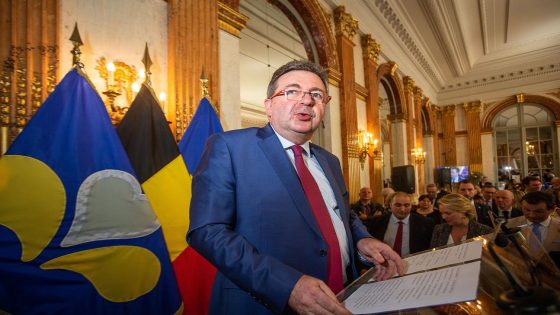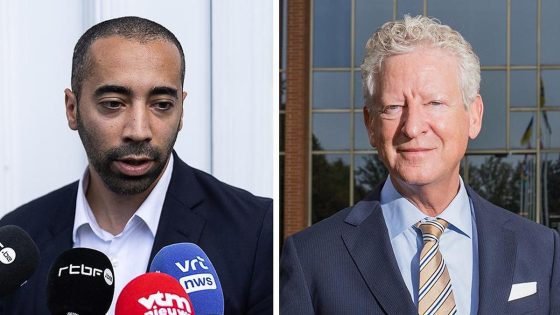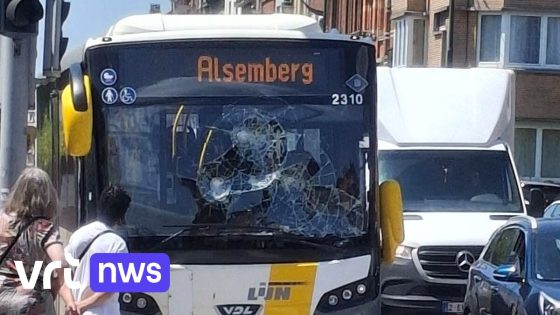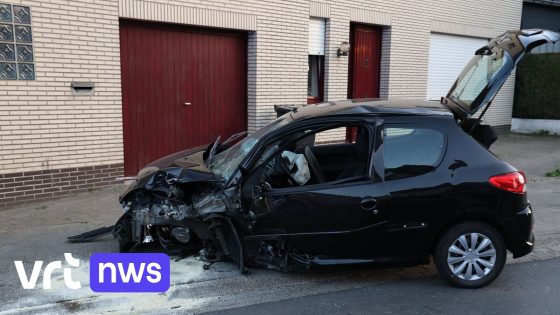Political deadlock in Brussels has reached a critical point, with the city now over 387 days without a new government. The ongoing stalemate, driven largely by the PS party’s refusal to engage with the N-VA, has sparked sharp criticism from Flemish organizations VVB and OVV. On 2025-07-02 20:47:00, these groups called for federal intervention to break the impasse and initiate meaningful reforms.
- Brussels needs efficient governance, not political deadlock
- Federal government urged to temporarily take control
- PS party blocks workable majority, fuels crisis
- VVB and OVV demand respect for parity principle
- Calls to abolish Brussels Region’s complexity
- Advocate structural reforms respecting Flemish presence
The VVB and OVV argue that Brussels deserves better than institutional fragmentation and rising debts caused by political standstill. They emphasize the need for an efficient, transparent government that respects the Flemish presence and addresses citizens’ real needs. But how long can Brussels continue without stable leadership, and what does this mean for the future of its governance?
This mounting tension raises urgent questions about Brussels’ political structure and the principle of parity. Could a new model for Brussels finally restore balance and cooperation?
The situation highlights deep-rooted challenges in Brussels’ governance, especially concerning parity and minority protections. The VVB and OVV accuse the PS of selectively applying parity, sidelining Flemish voices, and blocking workable majorities. This raises critical issues:
- Is the principle of parity a mutual safeguard or a political tool?
- Can Brussels’ complex institutions be streamlined without harming community interests?
- Will federal authorities step in to restore order and promote reform?
Looking ahead, the call for a new governance model in Brussels suggests that incremental fixes may no longer suffice. Belgian policymakers must consider bold reforms that respect community rights while delivering efficient administration. Can Brussels evolve beyond political stalemate to become a truly inclusive and functional capital?

































